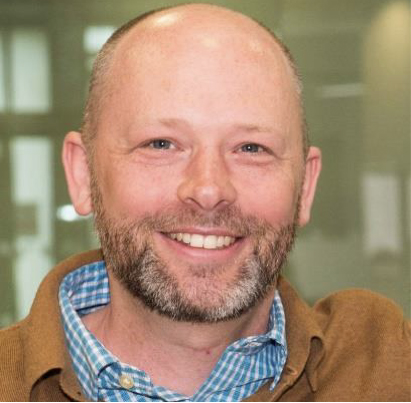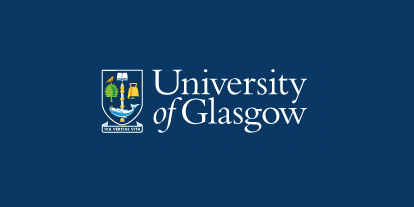 Secondary1st is proud to have been able to fund this research project led by Seth Coffelt, Professor of Cancer Immunology at Glasgow University. This report on the project is very detailed but we believe that our supporters will welcome the chance to learn more about the research they have helped to fund.
Secondary1st is proud to have been able to fund this research project led by Seth Coffelt, Professor of Cancer Immunology at Glasgow University. This report on the project is very detailed but we believe that our supporters will welcome the chance to learn more about the research they have helped to fund.
Immunotherapies are treatments that stimulate the immune system to recognise and fight cancer. The immune system is potentially a very powerful tool for cancer therapies. However, it is very finely tuned, and immune responses that are too strong can also be dangerous. Researchers are learning that in some contexts, and in different tissues, the same molecules and cells can have pro- or anti-tumour effects. Fully understanding these contradictory roles in the immune system is essential for designing successful immunotherapies for breast cancer.
For some cancer types, such as skin and lung cancers, immunotherapies can be very effective. However, current immunotherapy treatments are only effective for a small group of people with breast cancer. Professor Coffelt and his team are working to understand why existing immunotherapies are less effective for breast cancer than other cancer types, and exactly how the immune system might be involved in breast cancer spreading, so that new therapies can be designed to counteract it. They are studying a type of immune cell called gamma delta T cells which reside in tissues such as the lung. These appear to be responsible for creating a hospitable place for breast cancer cells to spread to. An aim of this project is to understand how exactly a molecule called NKG2D affects the behaviour of gamma delta T cells, and how they contribute to secondary breast cancer development. This research could lead to better immunotherapies for breast cancer.
Professor Coffelt and his team have produced a research paper detailing their latest discovery which has been published in the Journal of Experimental Medicine. In this paper the team show how gamma delta T cells can impede some immunotherapies via the IL-17A molecule. They found that two types of immune cells in the lungs, called V gamma and V gamma 4+ gamma delta T cells (Vγ6+ and Vγ4+ γδ T cells), have different responses to cancer. Vγ6+ cells have high levels of a protein called PD-1, while Vγ4+ cells increase production of a protein called TIM-3 when exposed to signals sent from the tumour. They found that blocking PD-1 or TIM-3 increased the numbers of these immune cells, but deleting these immune cells by using genetic techniques improved the effectiveness of certain immunotherapies, suggesting they play a role in resistance to immunotherapy. Overall, the research shows how these different gamma delta T cells are regulated differently during normal conditions and in response to cancer, and how they impact responses to treatment. This finding has revealed a way that might make immunotherapy treatments like pembrolizumab more effective. This could also make these types of treatments suitable for more people in the future.
More recently, Professor Coffelt and his team have been further investigating how delta gamma T cells which produce IL-17 control cancer. They have observed that when they injected breast cancer cells into mice that have had delta gamma T cells genetically deleted, tumours formed in the lung faster compared to normal mice. The team believe that another type of immune cell, Vγ4 cells which can make the molecule IFN-gamma, instead of IL-17, might help control cancer growth. This preliminary research suggests a more complex role for these cells in cancer.
Understanding the way immune cells may help or hinder the spread of breast cancer will help scientists to design effective and safe immunotherapies. Dr Coffelt’s research could eventually lead to new immunotherapy treatments to retrain the immune system to stop breast cancer spreading, instead of helping it.






